You Have the Power
You Have The Power!
Let us imagine for a moment that someone comes up to you today and says something mean, hurtful, or that fills you with anxiety. It could be a person close to you or a total stranger. Either way, it would probably make you feel pretty crummy. Now let’s imagine you work for a major corporation and the CEO is a billionaire. Meanwhile, you struggle to make ends meet, try and keep up by driving a fancy car, and get angry at how unfair it all is. In both these examples, there is a lot to be said about the other person, the society we live in, and even the challenges we have had to face in our own lives up to this point. Maybe you grew up in poverty, maybe the system is rigged, maybe you got cruelly bullied when you were a child. But here’s the truth: The only person who is responsible is you. You have the power.
In Pa Kua, we often stress the importance of harmony. Harmony, at its core, is about things working together without conflict. It’s about trying to make the internal and external align. These things might manifest physiologically, emotionally, interpersonally, or in any number of ways, but the idea remains the same. Your cholesterol is too high, you should probably change your diet. Your mother in law belittles you, you should probably find a new understanding, you’re always running late, you should probably leave earlier. In all of these cases, we have a problem (disharmony) and we want to try and fix it (harmony). It is a lifelong battle, one that can be improved, but most likely never quite won.
Let’s take the first example of someone saying something mean to us. We have no control over that other person. Their life experiences, disharmonies, and trauma have led them to this moment and how they conduct themselves is not our responsibility. What is our responsibility is what we choose to do in this moment, how we choose to react, and what the outcome will be. If we are harmonic, we can see reality as it truly is. We can assess whether the mean comment was valid or invalid. If it was invalid, we don’t internalize it. Not only that, but harmony fosters a greater awareness in ourselves and that other person. Maybe their mean comment has far less to do with you and much more to do with them. In addition, being harmonic gives us an understanding of our own disharmonies, traumas, and life circumstances so we can work to resolve them.
Now let’s look at the second example. Harmony is also about our perceived reality matching our external reality. When looking at our billionaire boss, we understand that his wealth is the result of a number of factors and circumstances that are much different than ours. If we struggle with money, we recognize that maybe a fancy car isn’t in harmony with our income. Furthermore, while we might never be a billionaire, if money is really important to us, we understand that we have the power to get it, but we must also pay the price. Earning more money might mean less time with loved ones, or a compromising of our values.
In other words, if you say you don’t have the time to travel because you have kids. what you are really saying is that you chose to have kids, that you have other priorities, and that you’re not willing to sacrifice your children for a trip to Fiji. By framing it this way, we can see that the conflict arose because you lived under the reality of having kids, but you wanted to live under the reality of being able to travel. Like the other examples, this is a disharmony that you have the power to resolve.
So what does this mean for us? It means being a warrior. It means cultivating an awareness of our disharmonies, those that we can solve right now, those that we have no solution for yet, and those that we are choosing to ignore. It means continually striving to resolve these conflicts knowing that our work will probably last a lifetime, but that the more we work on solving the major ones, the more content and healthy we will become. It means taking responsibility, reflecting, and accepting our own realities.
We are all steering a small boat across a vast ocean. The currents knock us back and forth, but our hand is always on the rudder. We may never travel in a perfectly straight line, but we keep working towards our course.
